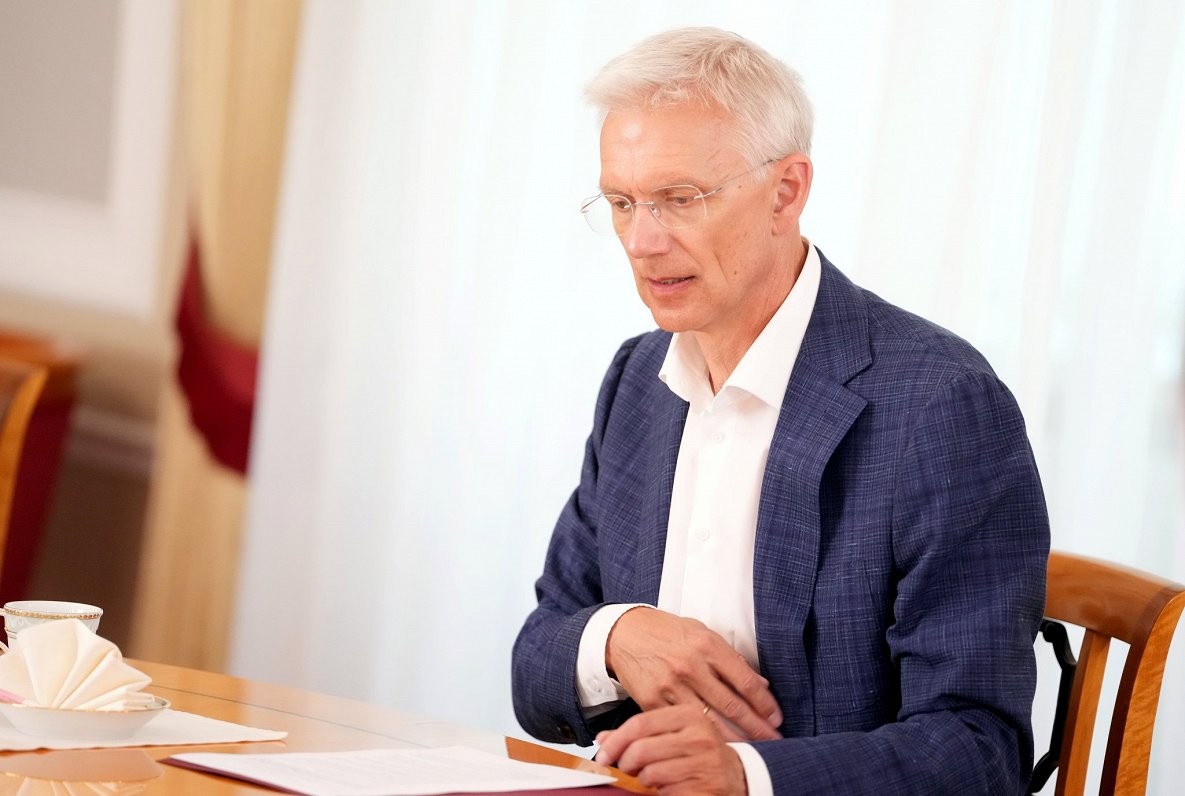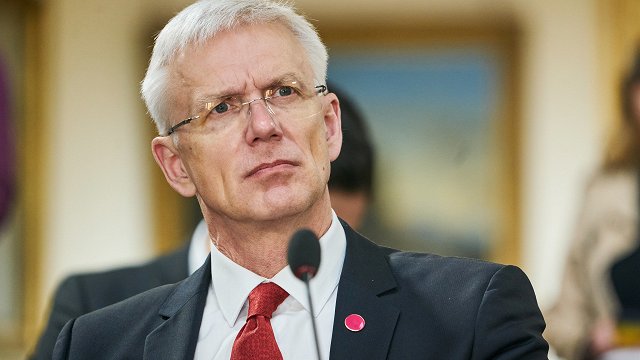Kariņš pointed to very different heating rates in the various municipalities of Latvia: “I have also seen in the tables – between €50 and €300. These tariffs are very different.”
In his opinion, price ceilings will have to be introduced. Kariņš explained that if producers had to sell heat to consumers below cost, the government would cover the difference between price ceilings and actual costs.
"The question is where the ceiling should be correctly set. All of this, of course, requires society's money," said Kariņš. "When we see [the calculations], we will understand what amount of money could be talked about. Because this is going to be borrowed money, unfortunately. This will no longer be from budget overflow.
"We must balance our common interests, so that people do not fall into despair, and that we will be able to give that money back in the future, and not put too much pressure on our society in the future," said Kariņš.
As Latvia currently has a strong export sector, it enables the government to borrow more. As the gross domestic product (GDP) grows, external government debt to GDP has fallen to 43%, the Prime Minister said.
“We will not be able to take away all the pain of the Russian war that Latvia has. It's the war tax we pay – Ukrainians pay with their lives, we do with money," said Kariņš.






























